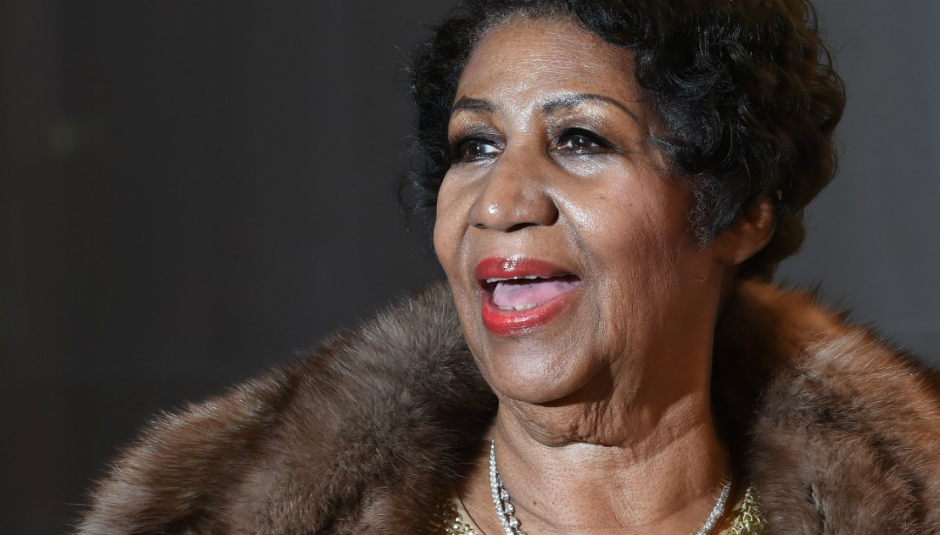If you really want to appreciate the genius of Aretha Franklin, it’s not her version of ‘Respect’ you need to listen to. It’s Otis Redding’s. The Aretha version is burned into your brain anyway; it’s probably the first thing you think of when her name is mentioned, and you’re more than familiar with its sass and power. It’s revisiting Redding’s original that sheds the new light, because though it has its own pounding appeal, lyrically it’s a very different beast – despite having almost identical words. Otis is a man, singing about a woman, desperately demanding “a little respect when I come home”. He gives his woman everything she wants. He gives her all his money. He just wants her to damn well damning RESPECT HIM, damn it. Just a little bit.
To say it’s a piece of its time is something of an understatement. Enter Aretha Franklin, who’d been performing a version of ‘Respect’ live for a couple of years, having worked out the gender-flipped lyrics with her sisters, Erma and Carolyn who would “sock-it-to-me” singing back-up on her version. In Franklin’s hands, the roles are reversed: It’s the woman left at home who deserves the respect. The tweaks to the lyrics are subtle, but the attitude, the performance, the swing, the punch, is anything but. ‘Respect’ became an anthem of empowerment: female empowerment, black empowerment, take your pick. It’s a song with more fuck-you built-in than the entire careers of Rage Against The Machine, Slayer, and NWA combined.
That’s what Franklin did. She was one of the great interpreters of other people's work, filtering music and words through her soul and spinning them back out with attitude and heart. Officially she has less than ten songwriting credits to her name, but in reality, her creative stamp was on everything she sang. Take another of her classics, ‘(You Make Me Feel Like) A Natural Woman’. The song was written specifically for her by the untouchable team of Gerry Goffin and Carole King based on a suggestion by Franklin’s long-time collaborator Jerry Wrexler. King would later record the song herself on her classic Tapestry, but her version, for all its plaintive yearning, pales next to Aretha’s who injects it with power, a note of desperation and not a small amount of pride. King’s focuses on the “you” in the title, Franklin’s is all about the “me”. As recently as 2015 she was still slaying with it as well, performing it at a tribute to a visibly awed King, alongside the Obamas and, er, George Lucas.
Take her decision to open ‘I Dreamed A Dream’ by quoting Martin Luther King’s “I had a dream” speech, punching up its relevance and power by a thousand percent. Take the way she shifts The Beatles’ ‘Eleanor Rigby’ into the first person, giving it a wallop of edge and funk; you stop feeling sorry for Eleanor Rigby at that point. When Aretha Franklin is telling her story, it becomes another story altogether. Take the desperation and power she pulls from ‘Say A Little Prayer’, the entire emotional journey of that song distilled to the way she wails that fourth “ever”. Take literally anything she reworks as gospel: ‘You’ll Never Walk Alone’, ‘People Get Ready’, ‘Bridge Over Troubled Water’, ‘A Change Is Gonna Come’, literally any Christmas song. Franklin finds power, defiance, spirituality, and grace where you’d never expect them. In reality, Aretha Franklin didn’t record covers – once she took on a piece of music it belonged to her. Otis Redding knew it when he said “that girl took my song from me”, though he said it with a smile on his face. How could he not? ‘Respect’ was hers now, in every sense of the word.






















